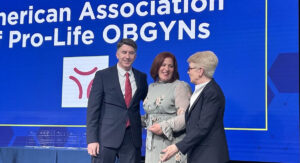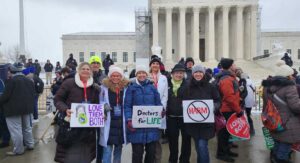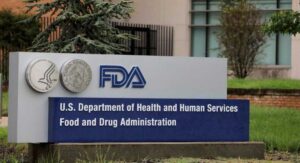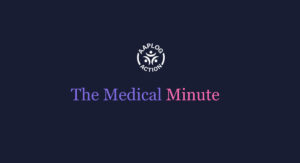Abortion pill rescue (APR), or natural progesterone therapy to reverse the abortive effects of the chemical abortion drug mifepristone, and its providers are under attack at the legislative and court level in Colorado and California, respectively. Over the past few weeks, a new law and a lawsuit threaten the ability of medical professionals to offer this service to patients in those states.
In Colorado, a newly-passed law banning the provision of APR is set to go into effect in October. SB 23-190, which was passed in April, would classify APR as professional misconduct, subjecting providers to sanctions. It can be reversed only if the state’s medical, pharmacy, and nursing boards unanimously rule that the treatment is “medically accepted standard of care”. On September 21, the boards declined to make this ruling, with the medical board ruling that it is not standard of care and the pharmacy and nursing boards taking a more neutral stance. They have until October 23 to change their ruling. Notably, a representative from the nursing board stated that the organization does not have a concept of “medically accepted standard of care”, stating,
The (nursing) board, historically, has pretty much treated everything case-by-case for review and discipline… We don’t make general standards of care. We don’t create those. … I don’t think we have the basis to do that.
Additionally, on Thursday, September 21, California Attorney General Rob Bonta announced that he would be suing two pro-life organizations over their provision and promotion of APR. The defendants are Heartbeat International, a global network of over 3,000 pregnancy resource centers, and RealOptions Obria Medical Clinics, a chain of 5 pregnancy resource centers in the San Francisco Bay Area in California (not to be confused with Obria, a broader, nationwide network of over 35 pregnancy medical clinics of which RealOptions is an affiliate). Both organizations have provided patients with APR for several years. Heartbeat International operates the Abortion Pill Rescue Network, the world’s preeminent program serving women who have begun a chemical abortion and then change their mind and desire to save their preborn child. Over the past decade, over 4,000 babies have been born after their mothers utilized APRN’s services. Linked here is the state’s complaint.
These are the latest developments in a nationwide disinformation campaign against APR by advocates of induced abortion. While the AG’s press release states that APR “has no credible scientific backing and has potential risks for patients who undergo it”, the fact is that several levels of scientific evidence support this treatment, and it is the claim that it has potential risks for women that is not only unscientific, but also dishonest. Natural progesterone has a 50-year track record of safety when used in early pregnancy. The only “evidence” opponents of APR quote is a 2020 randomized placebo-controlled trial that was halted after enrolling 12 participants (with a total of 10 analyzable subjects — 5 in the progesterone group, 5 in the placebo group) due to safety concerns after 3 participants presented to the ER with excessive bleeding. The AG claims this raises concerns about the safety of progesterone treatment. What they fail to mention is that 2 of those patients were in the placebo group (mifepristone only), not the APR group. They required D&Cs, and one required a blood transfusion due to the severity of her bleeding. The 1 other patient, who was in the test group, did not require hospitalization as she was simply found to be completing her abortion, and required no further treatment. She was the only one of the final subjects for whom the progesterone treatment had not worked. An honest assessment of this study reveals that, while small, this study supports the safety and efficacy of APR. It is incredibly dishonest to claim that this study shows that APR is unsafe; if anything, it is the use of mifepristone alone that places women at risk.
For a more complete response to the arguments against APR, see this blog post. These practice guidelines also offer insights into the safety and efficacy of this treatment.






